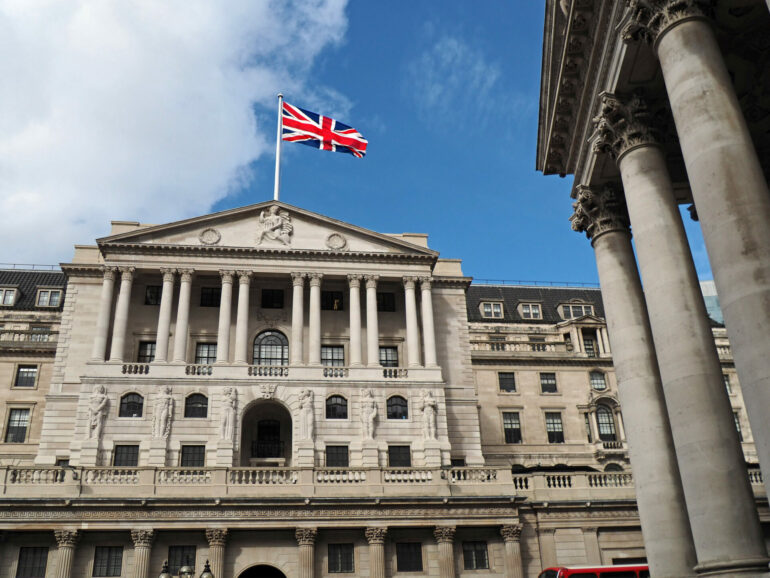The UK’s macroeconomic policy framework, which has remained largely unchanged since the 1990s, is in urgent need of an overhaul, according to a report released by the Resolution Foundation today. The Foundation highlights the rising risk of unsustainable debt accumulation, which could jeopardise the nation’s ability to respond to economic shocks or maintain public services.
The Economy 2030 Inquiry’s 46th report, titled ‘Built to Last’ and funded by the Nuffield Foundation, draws attention to several significant economic crises over the past 15 years, punctuated by periods of weak growth. As a result, the UK’s debt-to-GDP ratio has skyrocketed, moving from 36% in 2007 to nearly 100%. This represents the steepest peacetime increase in debt in over three centuries of fiscal history.
The study identifies the primary cause of this escalation as Britain’s ‘debt ratchet’. In this pattern, vast fiscal interventions during economic downturns lead to substantial debt increases, while periods of economic stability see only minor reductions.
With policymakers’ attention currently on the immediate concerns of rising interest rates, the implications are dire. Every single percentage point hike in rates adds approximately £15 billion to the government’s borrowing within five years. If the current trajectory continues, the debt ratio could soar to 140% over the coming five decades, with debt servicing costs potentially consuming 5% of GDP, surpassing combined budgets for energy, defence, and transport.
However, if a scenario of lower interest rates and growth occurs, the situation may worsen. Lower rates would necessitate further fiscal support during downturns, pushing the debt ratio to a staggering 190% of GDP over 50 years.
To counteract such a surge, the government would need to maintain a 3% primary budget surplus outside of recessions – a feat achieved only three times in the past 50 years. The authors of the report advocate for a comprehensive re-evaluation of the UK’s monetary and fiscal approach. Their recommendations include implementing monetary policy changes to enable negative interest rates of up to -1% and increasing the inflation target to 3%. They cite Denmark and Switzerland as examples where negative rates have been successfully introduced.
Furthermore, the report stresses the importance of smarter fiscal policies, with mechanisms to provide targeted support during inevitable economic shocks, as opposed to blanket measures. The potential savings from such an approach are evident in recent missteps, where poorly targeted schemes led to an excess expenditure of £35 billion.
James Smith, Research Director at the Resolution Foundation, summarised the urgency of the situation, stating: “Britain’s recent economic challenges have resulted in an unprecedented peacetime debt rise. A continual increase in debt during downturns without reductions in stable periods will place the UK’s fiscal health at risk, necessitating drastic tax hikes or spending reductions.”
Smith emphasised the need for change, adding, “We must reconfigure the UK’s macroeconomic strategy. The Bank of England should be equipped with enhanced monetary tools, while the Government needs to strategise for more focused support during future recessions. Only through these measures can we ensure economic resilience and fiscal responsibility.”



